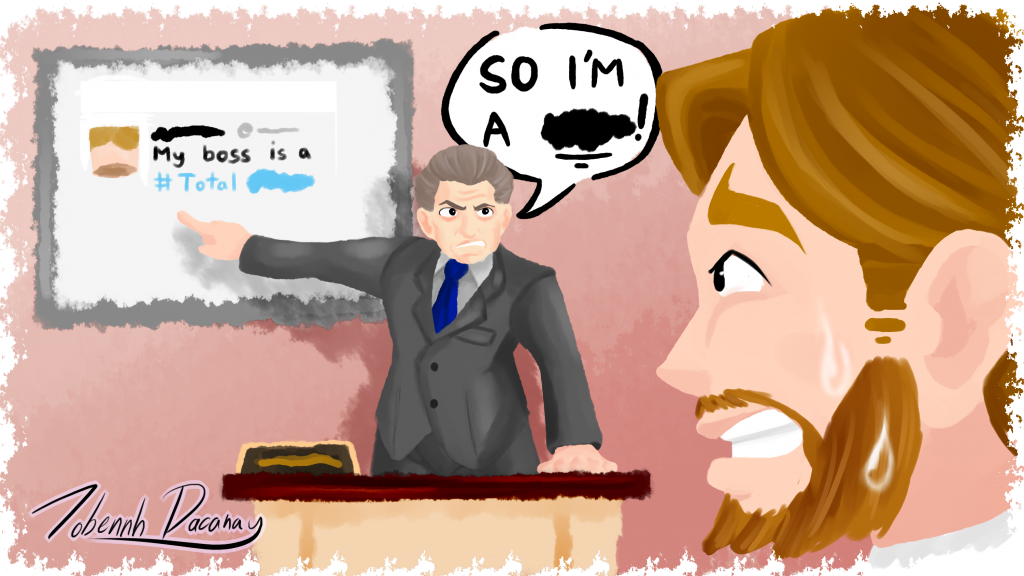
During the first round of the NBA Playoffs, the Houston Rockets social media manager was fired after posting an “insensitive” tweet geared toward the Dallas Mavericks.
Over the last few years, social media has taken over and will only continue to grow, but your presence on these sites, whether you are representing yourself, a business or a team, is what matters most.
Social media has potential to bring out the lowest in people without them even knowing or realizing it.
Should schools be responsible for properly training students in social media etiquette or
“netiquette?”
A survey done by Pearson and the Babson Survey Research Group stated that 41 percent of college professors use social media as part of their classes. Teachers use sites like Twitter, Facebook, Pinterest and more for student interaction and class projects.
Current or future employers have easy access to these sites and frequently search employees or potential employees without hesitation.
According to ComScore, Facebook, Instagram, Snapchat and Twitter are the top four applications used by 18-34 year olds, or the millennial generation.
According to careerbuilder.com, 43 percent of employers use social networking sites to research job candidates. But employers don’t stop at social media. Businesses also use search engines to look up future and current employees.
Careerbuilder.com reports 45 percent of employers use search engines, including Google, to research potential job candidates, with 20 percent saying they do so frequently or always.
We need to use these applications responsibly. Be aware of what pictures you send on Snapchat, what posts you like on Facebook and what you retweet or favorite on Twitter.
Furthermore, businesses who use social networks to post blogs and other online content should be mindful of citing any sources used.
Giving credit where due is a necessity for businesses when posting and sharing online.
Moreover, from citing a website, to asking permission to repost a customer’s images of your products, fact checking is, in essence, crucial for enhancing brand credibility.
In addition, when creating a username or handle, use a variation of your full name and not something that is considered inappropriate.
Here are suggestions to get hired rather than fired:
- Think before you share.
- Be appropriate.
- Know who follows you or sends you a friend request.
But social networking has its benefits, too. Twitter and LinkedIn are great places to network and build a brand that represents yourself in a positive and professional light.
Students shouldn’t be afraid of social media, but should be cautious of how they portray themselves on these outlets.


